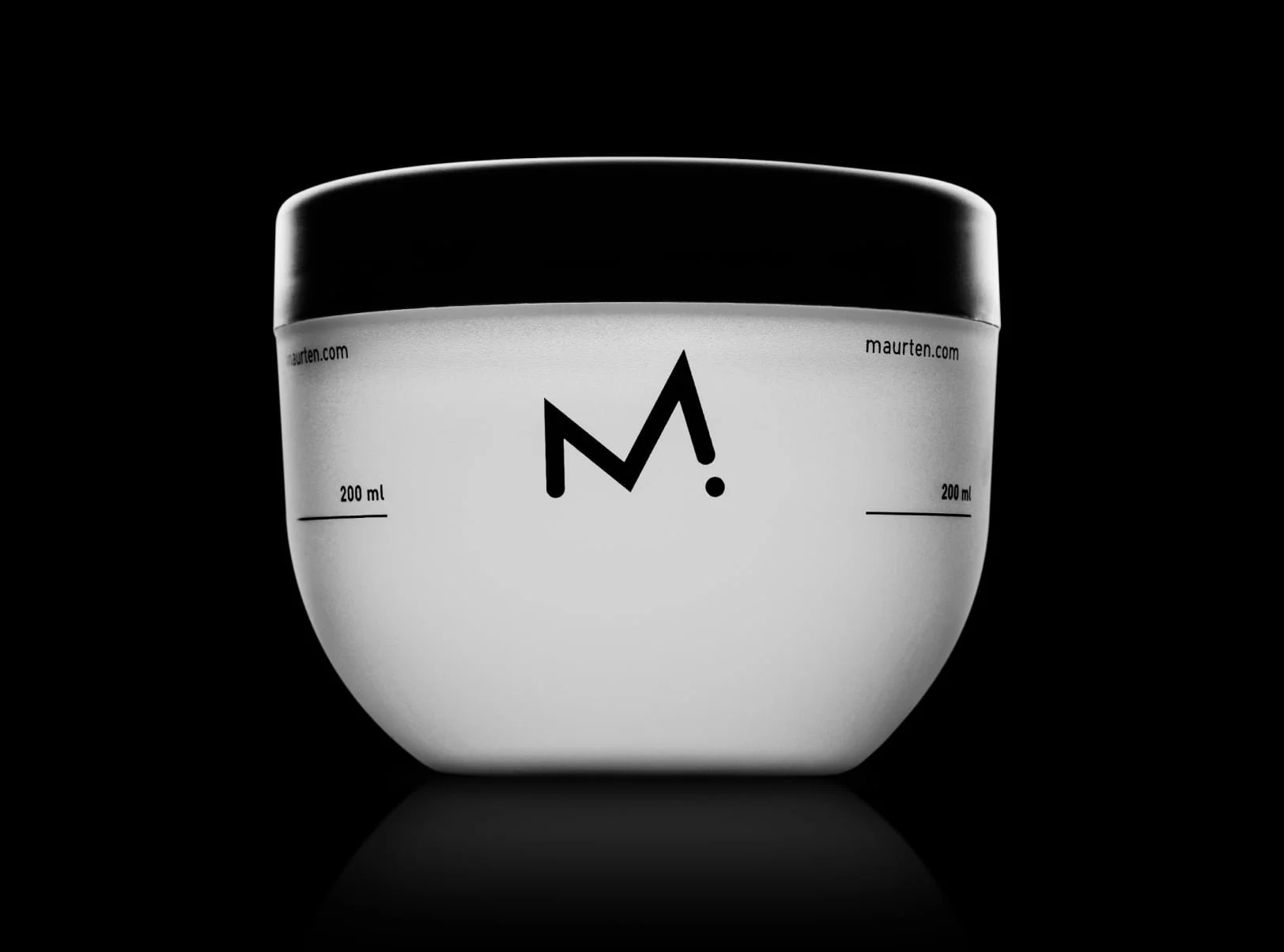Sodium Bicarbonate and Sports Performance: What You Need to Know Before Trying It
Understanding the benefits, risks, and why a solid nutrition foundation should come first.
Hi, this is team dietitian Erika! As we strive to optimize athletic performance, it's essential to build our approach on a robust foundation of basic sports nutrition principles. These principles which include balanced diets, adequate hydration, and strategic meal timing form the backbone for any successful sports nutrition plan. Before reaching for quick fix solutions like ergogenic aids, such as sodium bicarbonate, it's crucial to first ensure these nutrition basics are consistently covered. They provide the nutritional groundwork that not only supports optimal health but also enhances the efficacy and safety of any supplemental strategies athletes might consider. Let’s explore how these foundational principles tie into advanced supplementation and how integrating them into your routine can empower your performance journey.
Consistently covering basic sports nutrition principles is crucial before reaching for ergogenic aids such as sodium bicarbonate. These foundational principles include maintaining a balanced diet, ensuring adequate hydration, and adopting optimal meal timing to support athletic performance and recovery. Without these basics, athletic potential cannot be fully realized, as they provide the necessary nutritional groundwork that allows supplements to work effectively.
The International Society for Sports Nutrition Position Stance states that sodium bicarbonate is effective for enhancing performance in high intensity exercises, particularly in activities lasting between 30 seconds and 12 minutes. It's especially beneficial for repeated-bout efforts, where it helps reduce fatigue and maintain power in later bouts under acidic conditions common in intense exercise settings.
The ergogenic effects are observed across various athletic populations, from elite to untrained individuals. Despite its broad applicability, the benefits may vary due to methodological differences in studies rather than training status alone, highlighting the need for further research.
Sodium bicarbonate, while beneficial for enhancing performance in high intensity bursts of exercise, cannot substitute the comprehensive benefits provided by a solid nutritional base. Athletes must first ensure foundational areas like macronutrient balance, micronutrient sufficiency, and consistent hydration are well addressed before considering supplementation.
In addition, a strong foundation in sports nutrition helps mitigate potential side effects from supplements like sodium bicarbonate, which include gastrointestinal discomfort if ingested inappropriately. Athletes who master nutrition fundamentals are better equipped to experiment with and incorporate supplements safely and effectively, ensuring that these aids complement rather than substitute their dietary practices.
Thus, prioritizing and mastering these essential nutrition principles should be every athlete's focus, forming the basis upon which supplements like sodium bicarbonate can be used to achieve specific performance goals.
Takeaways: Before you spend $$ on sodium bicarb, invest your time, energy, and money into proper fueling throughout your training first! To paraphrase a quote from Des Linden on a recent podcast episode of Nobody Asked Us with Des & Kara, "Try drinking water and lifting weights first." If you need support with your nutrition, check out our 1:1 services here.

